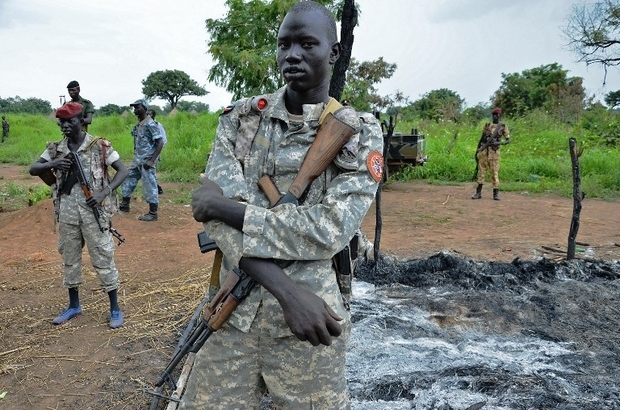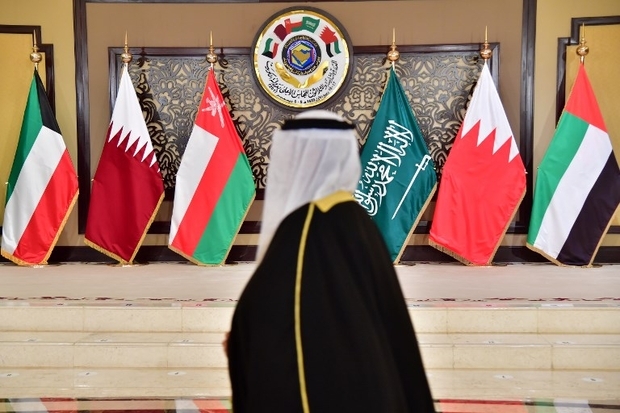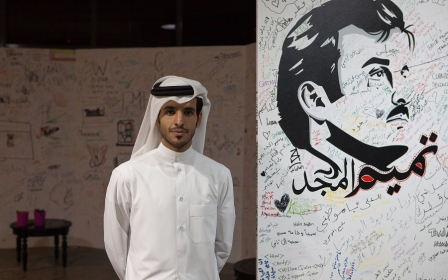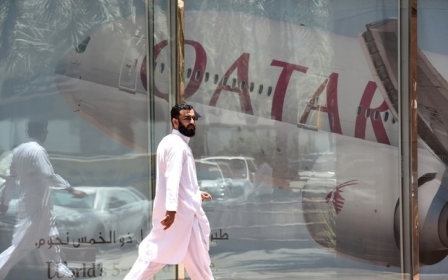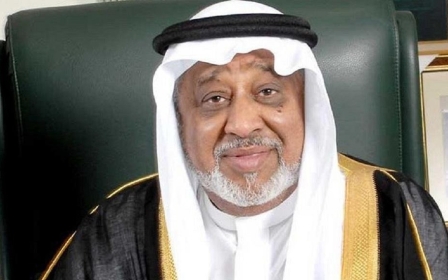What is Qatar doing in West Africa?
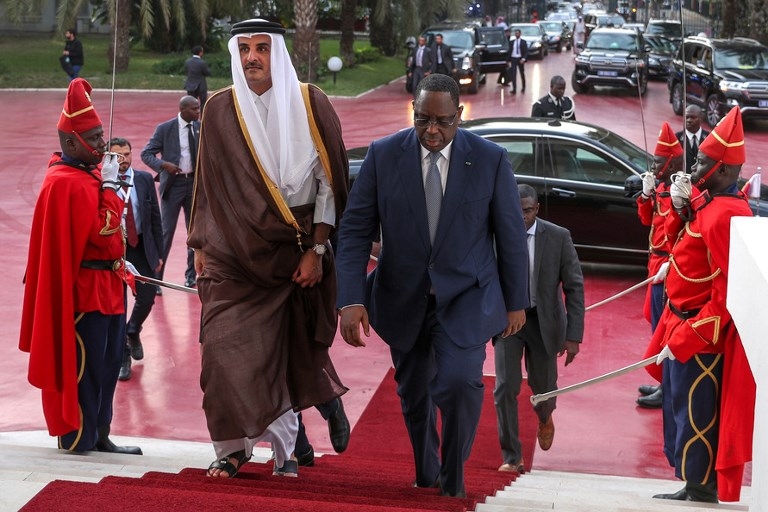
Sub-Saharan Africa has long been the exclusive domain of French diplomacy. And the relationship between the former colonial power and the countries considered part of the pejoratively termed "Francafrique" has indeed stood the test of time.
Benefiting from the powerful support of African leaders, Paris would capture the lion's share of the new markets that opened up when the nations of Francafrique started to rebuild.
Since the rule of the former Qatari Emir, Sheikh Hamad, the emirate has been making significant efforts to develop its presence in Africa
A highly coveted continent
However, this special post-colonial relationship has been undermined in recent years by other global powers that have detected Africa's game-changing potential. Both the United States and China have greatly increased their presence in the continent since the mid-1990s and have even, in some cases, unseated France as the leading trading partner and military ally in certain regions.
However, the Arab world would long see Africa as a continent of little worth. Only Morocco, Saudi Arabia and Gadhafi's Libya can be counted among the few Arab governments to have developed strong partnerships in Africa, which would provide them with the opportunity to expand their sphere of influence, both diplomatically and ideologically.
Since the rule of the former Qatari Emir, Sheikh Hamad, the emirate has been making significant efforts to develop its presence in Africa.
To some extent, the tour of the Qatari emir, Sheikh Tamim bin Hamad, must be seen in such a context. Since the rule of Sheikh Hamad, who came to power in June 1995, the emirate has been making significant efforts to develop its presence in Africa. Doha's involvement has been particularly noticeable when the crisis-torn continent was in need of peace brokers.
During the 2000s, Qatar was an active player in various peace negotiations, whether ironing out differences between Eritrea and Djibouti or those falling within the scope of the "Darfur Peace Agreement", which was meant to bring Sudan's horrendous civil war to an end.
Along with these diplomatic efforts, since 2005, Doha has been seeking out economic partners in Africa to provide development and acquisitions opportunities to its ambitious sovereign wealth fund, the Qatar Investment Authority (QIA).
With an estimated reserve of nearly $300bn, the wealth fund has invested heavily in the agriculture sector, Doha seeing Africa's rich arable land as the solution to food self-sufficiency.
Likewise, the QIA has homed in on the holiday industry potential of certain regions. It has already signed contracts with countries, including Kenya and Ethiopia, in view of developing areas with strong market potential for seaside and sports recreation sites as evidenced by Qatar Airway's regular announcements of new flight connections with cities across the continent.
A symbolic visit
But Emir Tamim is looking for more than the prolongation of the bilateral partnership policies implemented by his father. He is looking for political allies to counter the rift pitting the emirate against its Gulf state neighbours. The emir's six-nation tour of West Africa is his third major diplomatic foray since late summer.
The tour is meant to demonstrate Doha's ability to prevent its rivals from minimising its influence in the community of nations
After state visits to Turkey, Germany and France in the month of September, and to number of countries in Asia in November, the current tour aims to show that Qatar has not been financially crippled by the sixth-month-old boycott.
The tour is meant to demonstrate Doha's ability to prevent its rivals from minimising its influence in the community of nations. And the visit is even more symbolic in that the nations on the emir's itinerary are generally aligned with the positions of Saudi Arabia.
Determined to rally the support of as many governments as possible in its decision to impose an economic boycott on Qatar, in early June, Riyadh threatened to reduce aide to certain African countries – and even insinuated pilgrimage visas could be used as blackmail–to force them to cut off ties with Doha.
Senegal would follow suit early June, recalling its ambassador to Doha in view of an impending visit from the Saudi monarch, displaying clear bias in favour of the Saudis. Qatar has nevertheless redoubled its diplomatic efforts of late, with an eye to renewing ties with a major player in sub-Saharan Africa.
Qatar is seeking strategic support in its attempts to lend credibility to its image as an international actor firmly committed to the fight against terrorist financing
Lastly, the emir's six-nation tour, over the course of which he is expected to visit Mali, Ghana, Guinea and Burkina Faso, is part of Doha's drive to open up markets in countries with strong economic potential.
An international actor
Africa is no longer a land condemned to stagnation and marginalisation. And though much remains to be done in terms of development, many observers are saying the continent could be a "new Eldorado". Take, for example, the demographic and economic growth rates that will see certain countries, like Nigeria and Ethiopia, become future giants.
And last but not least, Qatar is seeking strategic support in its attempt to lend credibility to its image as an international actor firmly committed to the fight against terrorist financing.
The second stage of the tour is critical in that regard, as Qatar says it is willing to sign a security cooperation agreement with Mali to provide much needed surveillance, military and financial aid in the country's fight against the spread of terrorist organizations.
Given certain claims relayed by European and American media outlets on Doha's so-called ambiguous position regarding a number of radical groups, this last point carries the day.
- Nabil Ennasri is a doctor in political sciences and the director of the Observatoire du Qatar. He is the author of L’énigme du Qatar (Armand Colin editions). You can follow him on Twitter: @NabilEnnasri
The views expressed in this article are the author’s and do not necessarily reflect the editorial policy of Middle East Eye.
This story originally appeared in the MEE French edition and was translated by Heather Allen.
Photo: Photo, provided by the Senegal Presidential Press on 20 December 2017, showing Senegal president, Macky Sall (right), and Qatar emir, Sheikh Tamim bin Hamad Al-Thani (left), entering the Dakar Presidential Palace, as part of the Emir of Qatar's tour of West Africa (AFP)
New MEE newsletter: Jerusalem Dispatch
Sign up to get the latest insights and analysis on Israel-Palestine, alongside Turkey Unpacked and other MEE newsletters
Middle East Eye delivers independent and unrivalled coverage and analysis of the Middle East, North Africa and beyond. To learn more about republishing this content and the associated fees, please fill out this form. More about MEE can be found here.



